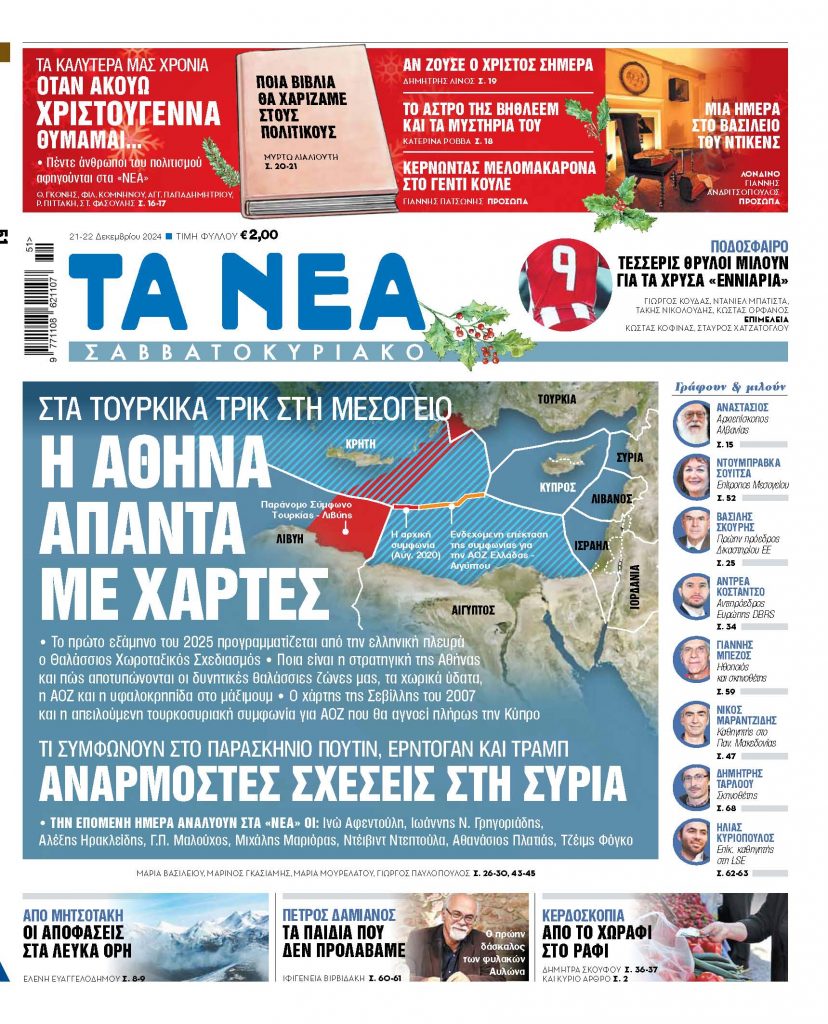How does one conduct talks with someone who has annexed part of a country, militarily controls another part, and has amassed an army of 100,000 troops at its border with threats of invasion?
How do you negotiate with a leader who demands that you cease to defend your allies with nuclear weapons and missiles?
How do you negotiate with Vladimir Putin?
These issues are raised by the latest issue of The Economist on the occasion of the US-Russia talks to be held on 10 January in Geneva.
There is a diachronic dilemma of how a Western liberal democracy should deal with an authoritarian or dictatorial regime. How does one balance the carrot and the stick? How many concessions can one make to someone who does not believe in liberty without being accused of abandoning one’s principles?
The aim of the Russian president is clear. He wants to extend his sphere of influence. His argument is that Western values have no place in former Soviet territories.
The alternative to today’s one-party rule in Kazakhstan, for example, is not democracy, but rather Islamist obscurantism.
Yet, even if that is so, the West cannot withdraw from its security commitments. It can offer guarantees, but it cannot betray its allies.
What it can do is to exploit the ever greater challenges to Putin and his model of governance to cement its principles and bolster its security
The masks have fallen, and supporters of closer ties with the Kremlin have run out of arguments.
If the Russian president wants to wage war with Ukraine, he will do so.
However, the West and NATO must convey the message in every way possible that he will pay a heavy price.








